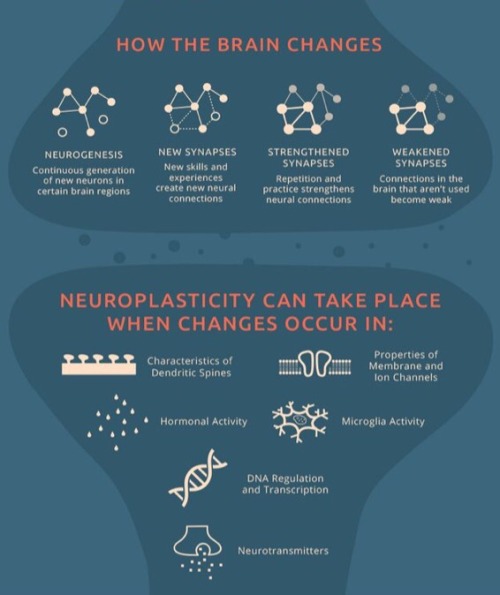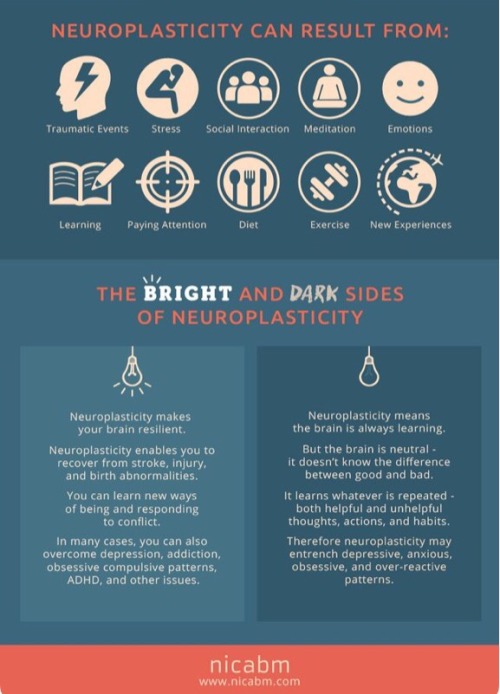
cocofkngnuts
writings about stuff that I love
12 posts
Latest Posts by cocofkngnuts
replaying dracula a love story to choose leo's path, cause i was in vlad's path but i didn't find it good like something was off and i don't like it, just couldn't find the chemistry and the tensions like it was in the first season. Though leo was hired to protect her at first, i liked him eversince lale and aslan met in the past life.
finally, he blessed us with his presence


now she's a changed woman too I'm so happy and proud of her 🤧🥺
(maybe it's me falling for him, despite knowing their past and how he treated her and everything. I should have chosen different LI who's going to treat her wayyy better, but i liked him the most)
It's been a long journey, filled with reflections and longing. such a beautiful story. thank you for your hard work romance club teams. 💕💐




So, the war of fire and blood began.
i know I'm late but, my Habibi came back from the dead and still looking so gorgeous

we all know that the original Rob is already smoking hot. buttt, in this design, in this new world and this clothes he is something else!!!
somehow he's 10 times hotter🔥

shout out to the romance club developers for giving us these fine as hell men. they understood the assignment💯
Yooo, my girl here be looking like kang sae byeok aka player 067 from squid game yassss

one of the saddest and painful moment in dracula a love story is when the developers decided to make you choose between Vlad and Aslan. Like how could you, how dare you to make me choose between those two.
I know we can't be greedy in this world, but why we can't have both of them. Like I was so happy during that time thinking that there was a chance that the game could end up to be a reverse harem game. but no, i had to make a painful decision I had to break up someone's heart and chose to restart the game for the third time. The story is sooo good.

no, actually it's my honor . i mean damn, he is fineeee
don't mind me, just getting lost in those eyes.

those cheekbones yes please, that lips hmmm, and that jawline is on point!!
This girl gets it

even Uchiha Sasuke wanted a revolution 🤔
Does anybody find it hard as a sociology major?
Like you have to think about theories and research methods. But it's just so hard because you need time to understand and to reflect on things that you've learned, but somehow you feel like you're running out of time?
Slightly Gruesome But Well-Preserved Mummy Found In China





She’s about 700 years old. Still, she looks pretty good. Found preserved in a brown liquid, her silk and cotton dress indicates she was likely at some high-ranking level in the Ming Dynasty, which ruled China from 1368 to 1644.



Ten core principles necessary for the remodeling of your brain to take place:
1. Change is mostly limited to those situations in which the brain is in the mood for it.
If you are alert, on the ball, engaged, motivated, ready for action, the brain releases the neurochemicals necessary to enable brain change. When disengaged, inattentive, distracted, or doing something without thinking that requires no real effort, your neuroplastic switches are “off.”
2. The harder you try, the more you’re motivated, the more alert you are, and the better (or worse) the potential outcome, the bigger the brain change.
If you’re intensely focused on the task and really trying to master something for an important reason, the change experienced will be greater.
3. What actually changes in the brain are the strengths of the connections of neurons that are engaged together, moment by moment, in time.
The more something is practiced, the more connections are changed and made to include all elements of the experience (sensory info, movement, cognitive patterns). You can think of it like a “master controller” being formed for that particular behavior which allows it to be performed with remarkable facility and reliability over time.
4. Learning-driven changes in connections increase cell-to-cell cooperation which is crucial for increasing reliability.
Merzenich explains this by asking you to imagine the sound of a football stadium full of fans all clapping at random versus the same people clapping in unison. He explains, “The more powerfully coordinated your [nerve cell] teams are, the more powerful and more reliable their behavioral productions.”
5. The brain also strengthens its connections between teams of neurons representing separate moments of successive things that reliably occur in serial time.
This allows your brain to predict what happens next and have a continuous “associative flow.” Without this ability, your stream of consciousness would be reduced to “a series of separate, stagnating puddles,” explains Merzenich.
6. Initial changes are temporary.
Your brain first records the change, then determines whether it should make the change permanent or not. It only becomes permanent if your brain judges the experience to be fascinating or novel enough or if the behavioral outcome is important, good or bad.
7. The brain is changed by internal mental rehearsal in the same ways and involving precisely the same processes that control changes achieved through interactions with the external world.
According to Merzenich, “You don’t have to move an inch to drive positive plastic change in your brain. Your internal representations of things recalled from memory work just fine for progressive brain plasticity-based learning.”
8. Memory guides and controls most learning.
As you learn a new skill, your brain takes note of and remembers the good attempts, while discarding the not-so-good trys. Then, it recalls the last good pass, makes incremental adjustments, and progressively improves.
9. Every movement of learning provides a moment of opportunity for the brain to stabilize – and reduce the disruptive power of – potentially interfering backgrounds or “noise.”
Each time your brain strengthens a connection to advance your mastery of a skill, it also weakens other connections of neurons that weren’t used at that precise moment. This negative plastic brain change erases some of the irrelevant or interfering activity in the brain.
10. Brain plasticity is a two-way street; it is just as easy to generate negative changes as it is positive ones.
You have a “use it or lose it” brain. It’s almost as easy to drive changes that impair memory and physical and mental abilities as it is to improve these things. Merzenich says that older people are absolute masters at encouraging plastic brain change in the wrong direction.